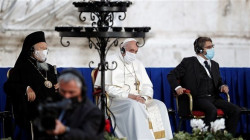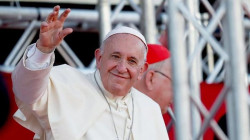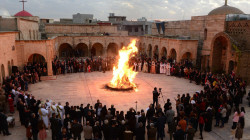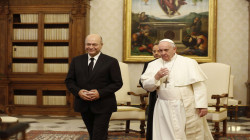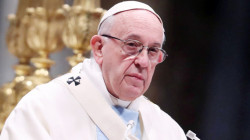Foreign Policy:The Pope is on a mission to heal Post-Genocide Iraq
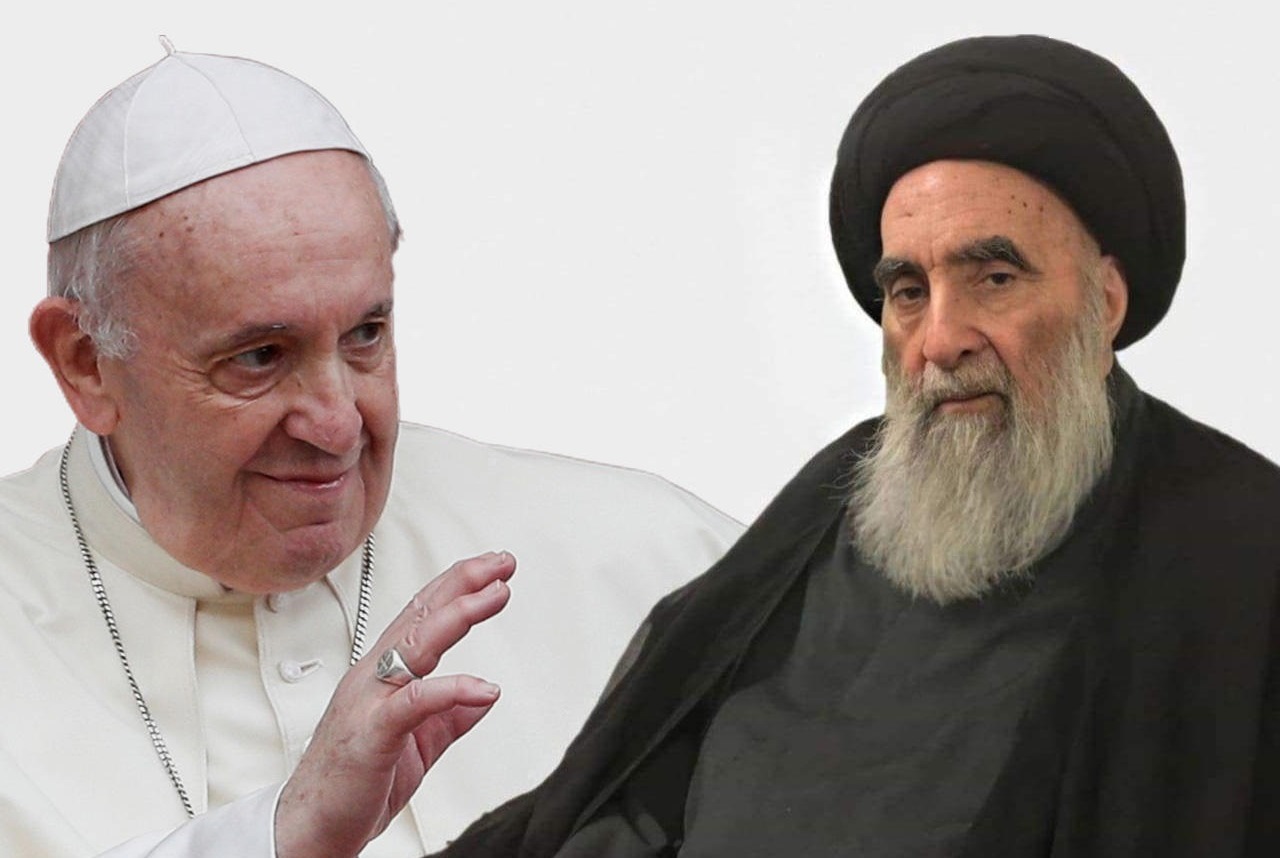
Shafaq News/ When Pope Francis visits Iraq next month, becoming the first pontiff to ever do so, he will be fulfilling both a personal goal and a dream of popes before him who longed to step foot in the land that, as the birthplace of Prophet Abraham, is the cradle of Christianity.
Along with visiting the country’s minority Christian population, Francis—who has made the theme of building a “culture of encounter” a centerpiece of his papacy—will arrive as a pilgrim of peace seeking to engage the country’s majority Muslim population. “You are all brothers” is the official slogan of the trip, and its official logo includes an image of a dove flying above the Tigris and Euphrates Rivers with images of both the Vatican and Iraq flag.
Francis hopes to be a minister to people—both Iraqi Christians and Muslims—that have been too often forgotten by the leaders who waged a series of destabilizing wars. The visit of a Roman pontiff may be a rare sign of unity in a country best known for its divisions.
The four-day trip, March 5-8, will be a whirlwind expedition for a jet-setting pope who has been grounded since November 2019 due to the global pandemic. The pope will first arrive in Baghdad where he will meet Iraqi President Barham Salih and then, at breakneck speed, crisscross the country to meet the Grand Ayatollah Sayyid Ali al-Husayni al-Sistani in Najaf, step foot in the birthplace of Abraham for an interreligious meeting at Ur, and pay a visit to the Nineveh Plains to see firsthand where the Islamic State carried out a genocide against Christians and Yazidis—where both groups continue to face an uncertain future.
There’s a saying among many Iraqi Christians that “Bush has blood on his hands for the way he came in, but Obama has blood on his hands for the way he went out.” As U.S. lawyer Stephen Rasche chronicles in his 2020 book, The Disappearing People: The Tragic Fate of Christians in the Middle East, prior to the U.S.-led invasion in 2003, between 1.3 and 1.5 million Christians lived in the country. During the chaos that followed, that number was reduced to around 500,000 people prior to the rise of the Islamic State, with hundreds of thousands of people fleeing as refugees and an estimated 1,000 people killed by Islamist militants. Former U.S. Secretary of State John Kerry declared a genocide against the country’s Christians in March 2016 and by most estimates, fewer than 250,000 Christians remain in the country today. Church leaders have been tortured, kidnapped, and assassinated, and monasteries and churches have been systematically burned and destroyed. Christians that remain say they are treated as second-class citizens, and many still consider leaving.
Now, despite recent rocket attacks in Erbil and suicide bombings in Baghdad, and as the country experiences an unsettling rise in COVID-19 cases—with its minister of health warning on Feb. 19 that “Iraq has entered the most dangerous phase of the [COVID-19] pandemic”—Francis will attempt to do what no leader of the Catholic Church has done before him.
When pressed on why he insists on making such a questionable journey, the pope’s response earlier this month was blunt: “I am the pastor of people who are suffering.”
In 2019, when he visited Abu Dhabi, the capital of the United Arab Emirates, he became the first pope to visit the Arabian Peninsula. There, Francis and the Grand Imam of al-Azhar, Ahmad al-Tayyeb, signed what became known as the document on “Human Fraternity: For World Peace and Living Together.” In what has been hailed by many world leaders to be a landmark document, the leaders of the two faiths pledged that “terrorism is deplorable” and committed “to work strenuously to spread the culture of tolerance and of living together in peace; to intervene at the earliest opportunity to stop the shedding of innocent blood and bring an end to wars, conflicts, environmental decay and the moral and cultural decline that the world is presently experiencing.”
Ever since the pope first announced his plans to visit Iraq in December, skeptics have questioned the wisdom of such a trip, fearing both for his personal safety and the risk of large-scale gatherings that could result in superspreader events amid the pandemic.
Like his namesake, St. Francis of Assisi, who put his own life at risk at the height of the Crusades in the 13th century to travel and meet with the Sultan of Egypt, Malik al-Kamil, and plead for peace among Christians and Muslims, Francis is determined to spotlight the needs of a people and place so essential to the roots of all three Abrahamic faiths and yet forgotten by many, particularly in the West, that have made their plight so difficult.
Francis has repeatedly insisted he has no concerns about his own life and that even if plans have to be radically altered so only small-scale, socially distanced meetings are allowed and most Iraqis have to view his visit through a television screen, he intends to move ahead. In his consideration, it’s important for Iraqis to “see that the pope is there in their country.”
